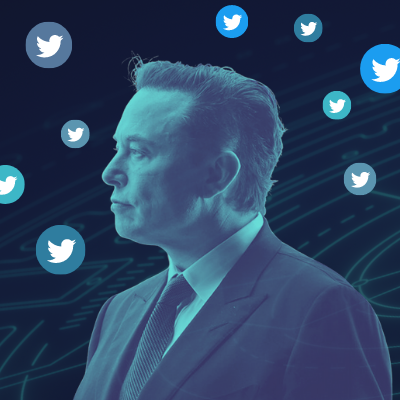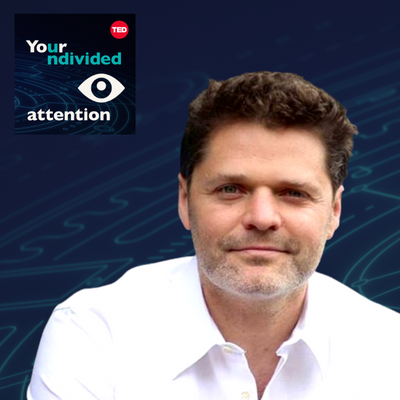Spotlight | Apr 25, 2022
A Bigger Picture on Elon & Twitter
If Elon Musk owns Twitter, what are the risks, and what are the opportunities? In order for Twitter to support democracy — and Musk’s goal of becoming a multi-planetary civilization — we need a radical redesign that goes beyond free speech. Note: this conversation was recorded on April 21, 2022, 3 days prior to an official announcement that revealed Elon Musk and Twitter reached a purchase agreement for $44 Billion.
Clarification: In the episode, we talk about the creation of The Daily Show, featuring Jon Stewart. To be clear, The Daily Show was created by writer and producer Madeleine Smithberg and comedian and media personality Lizz Winstead — for comedian and host Craig Kilborn. Jon Stewart took over in 1999, which is when he had the conversation with executives that we reference in the episode, where he didn't want to see the viewership numbers.
Other recommended reading
Examining algorithmic amplification of political content on Twitter
Polarization of Twitter
Pew Research on the extremes drowning out center voices
Chronological Feed vs Algorithm
Foundations of Humane Technology
The Center for Humane Technology's new free online course for professionals shaping tomorrow's technology

